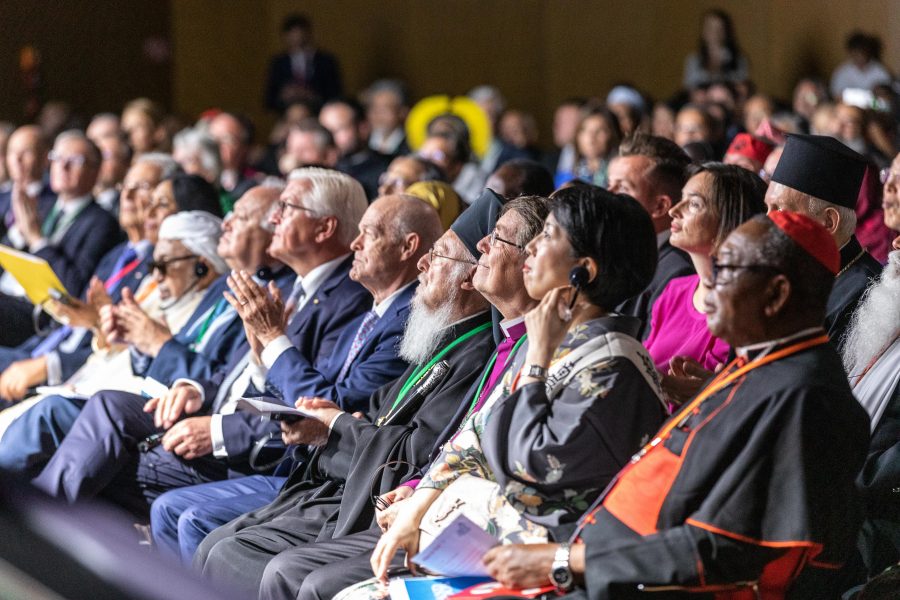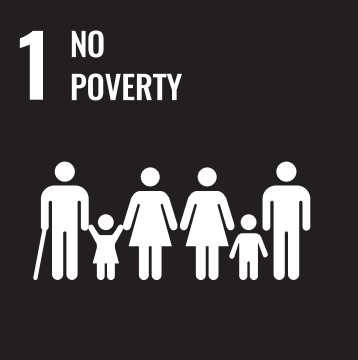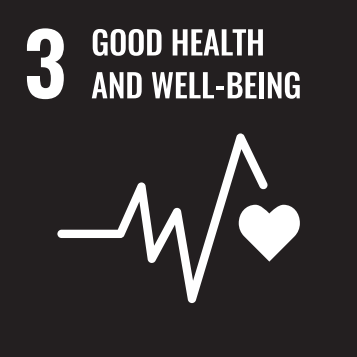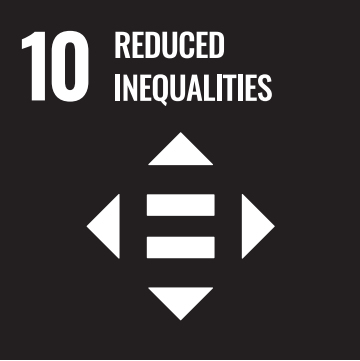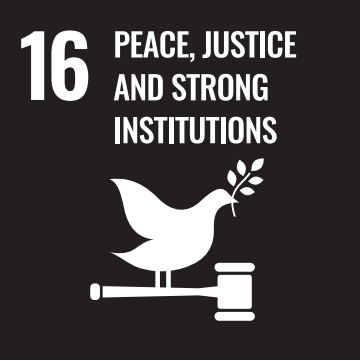key strategic priority
Peaceful, Just, and Inclusive Societies
Our faith traditions inspire us to be changemakers where conflict, mass displacement, poverty, violent extremism, and inequality call for common action.
This strategic priority contributes to Sustainable Development Goals (SDGs): No Poverty, Good Health and Well-being, Reduced Inequalities, Peace, Justice, and Strong Institutions.
Learn more about the Standing Commission for this Strategic Priority.
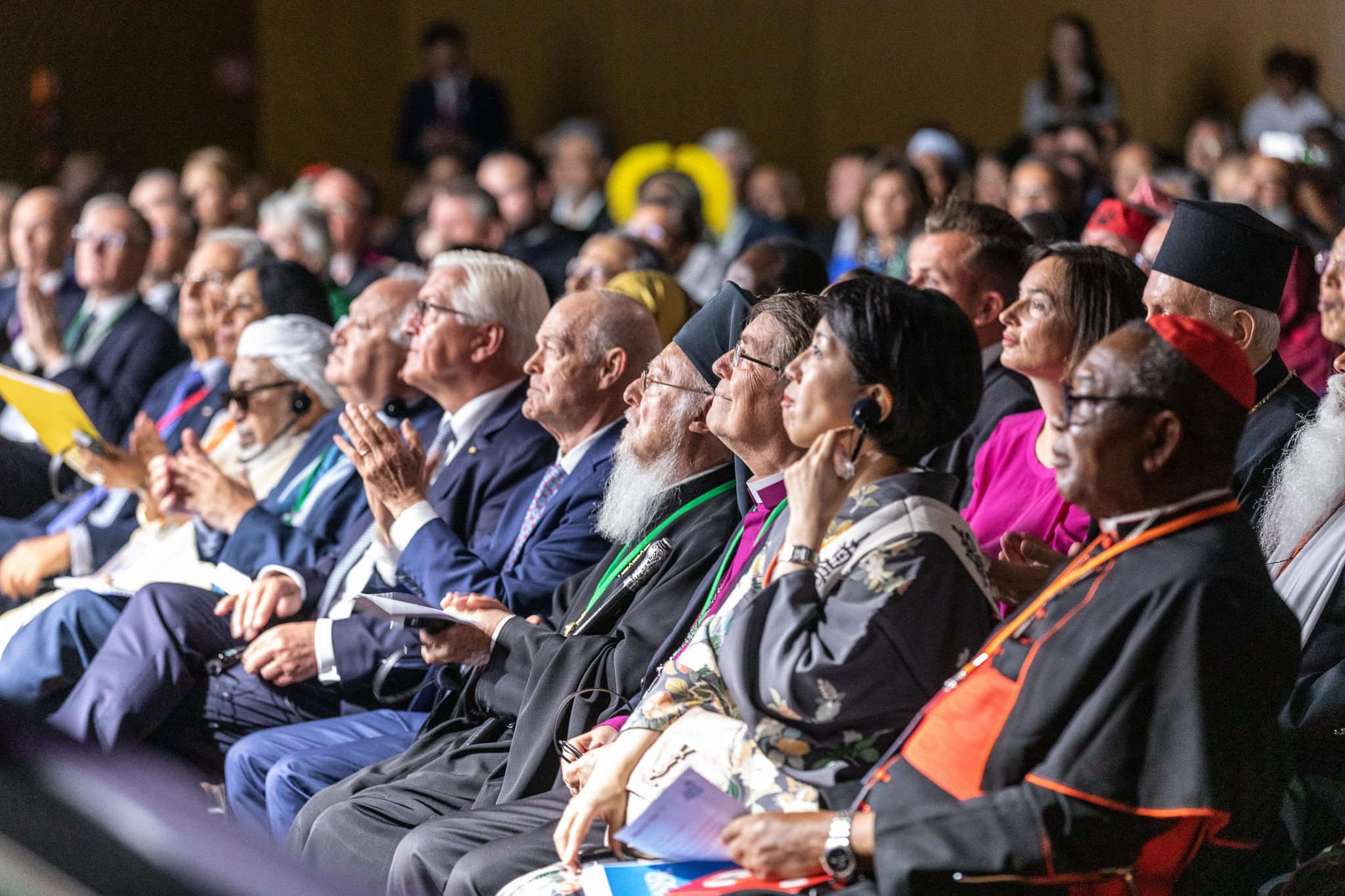
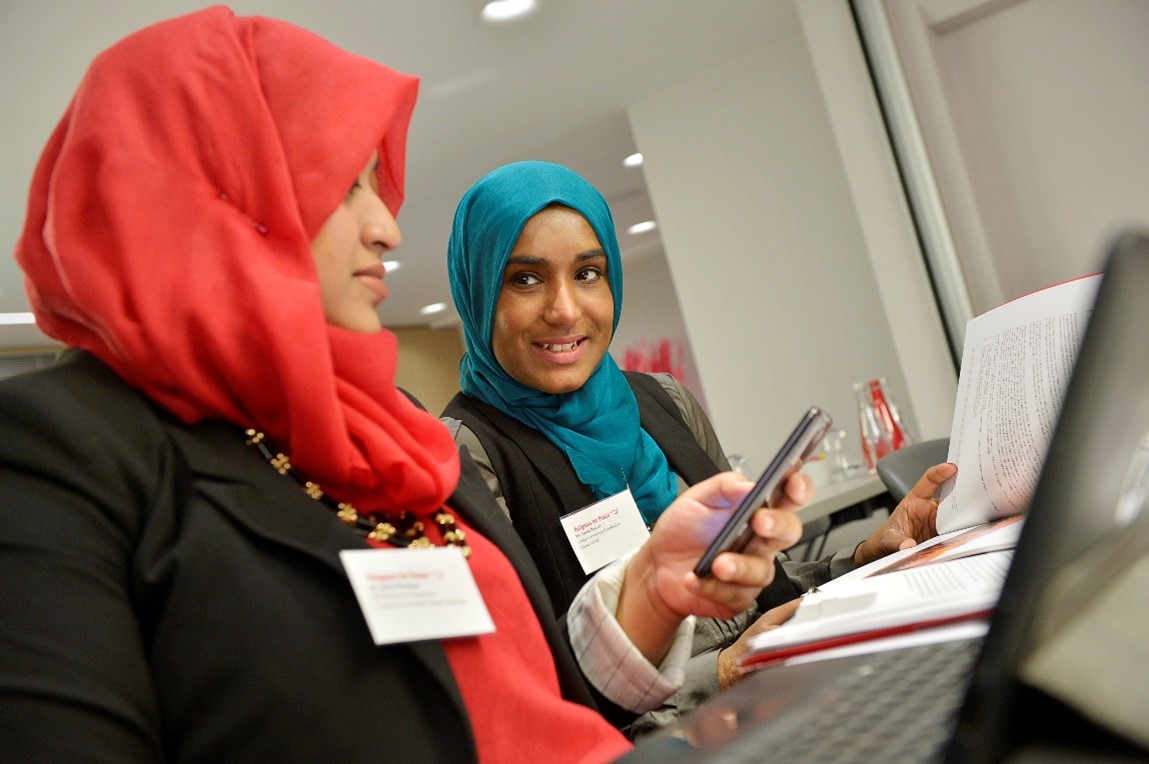
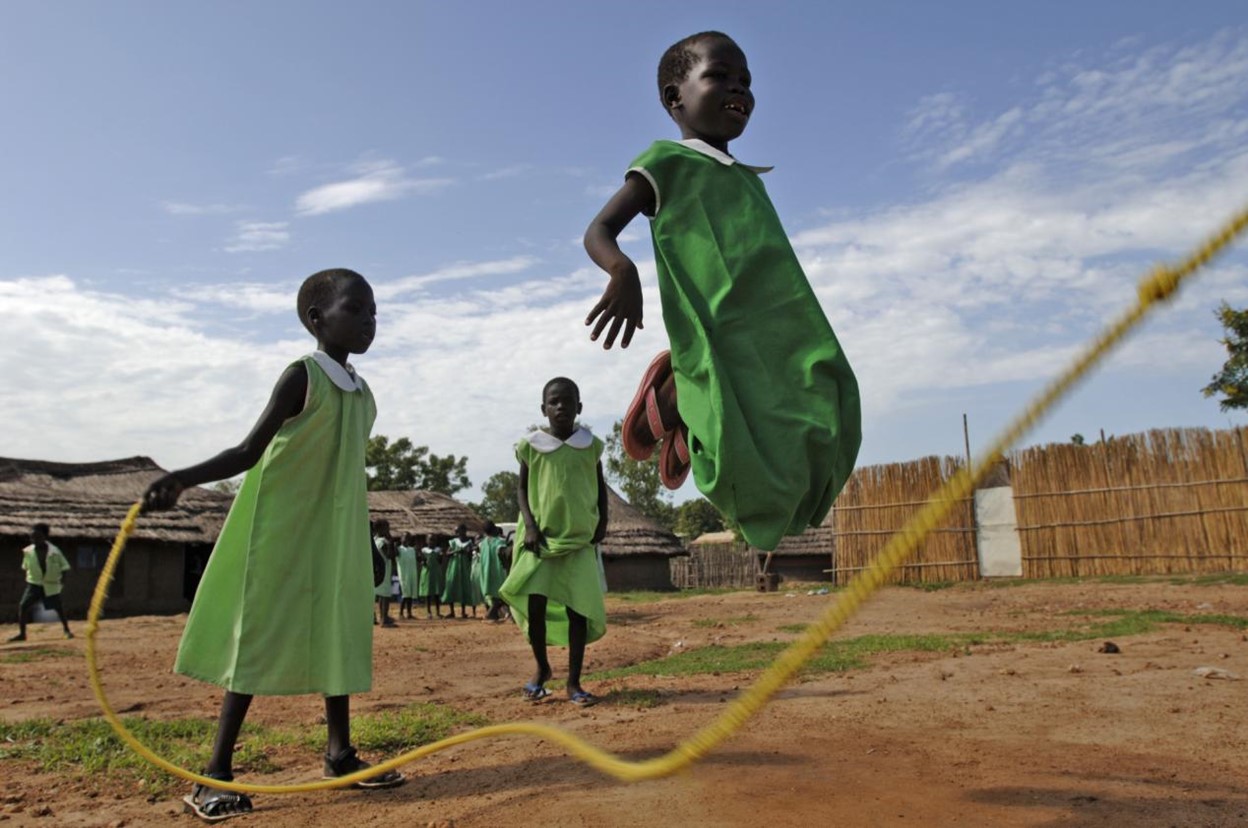
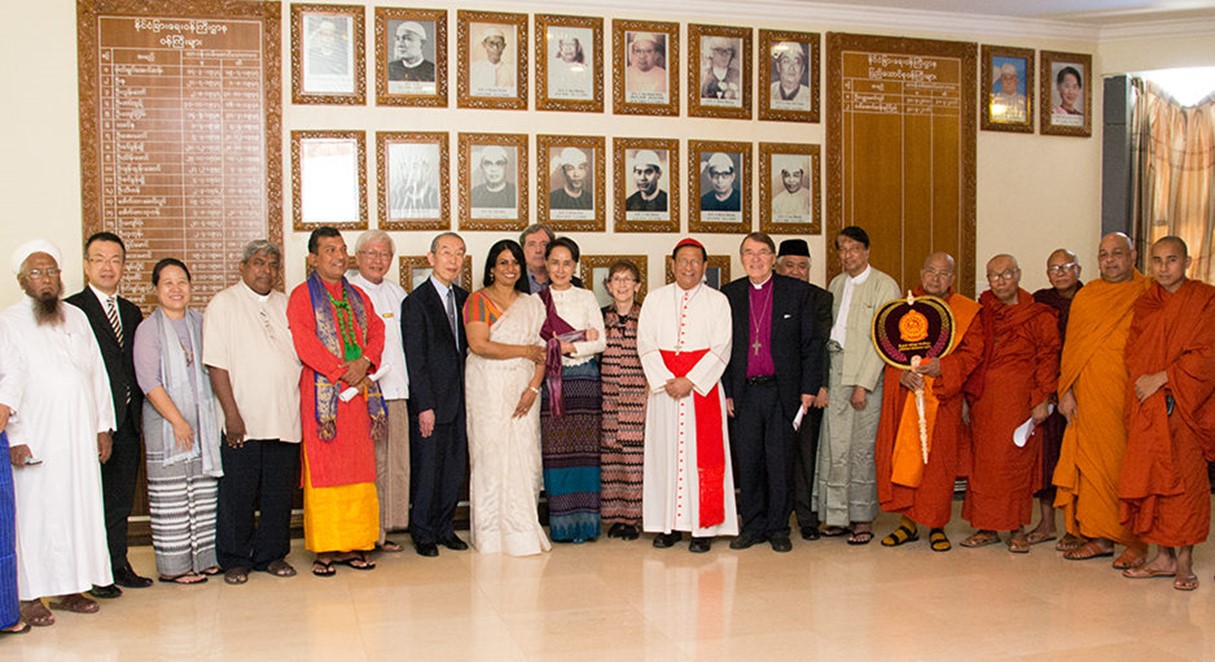
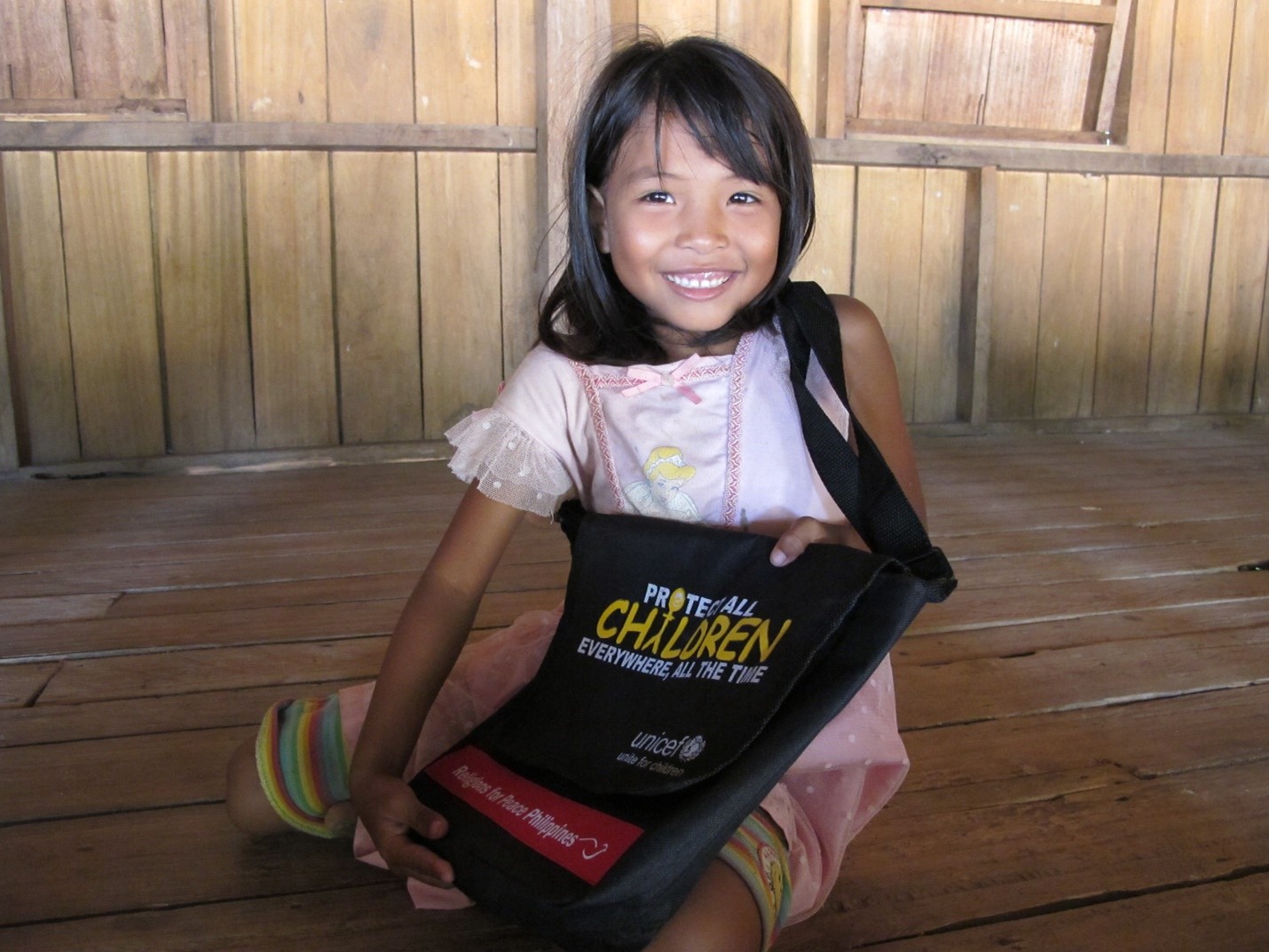
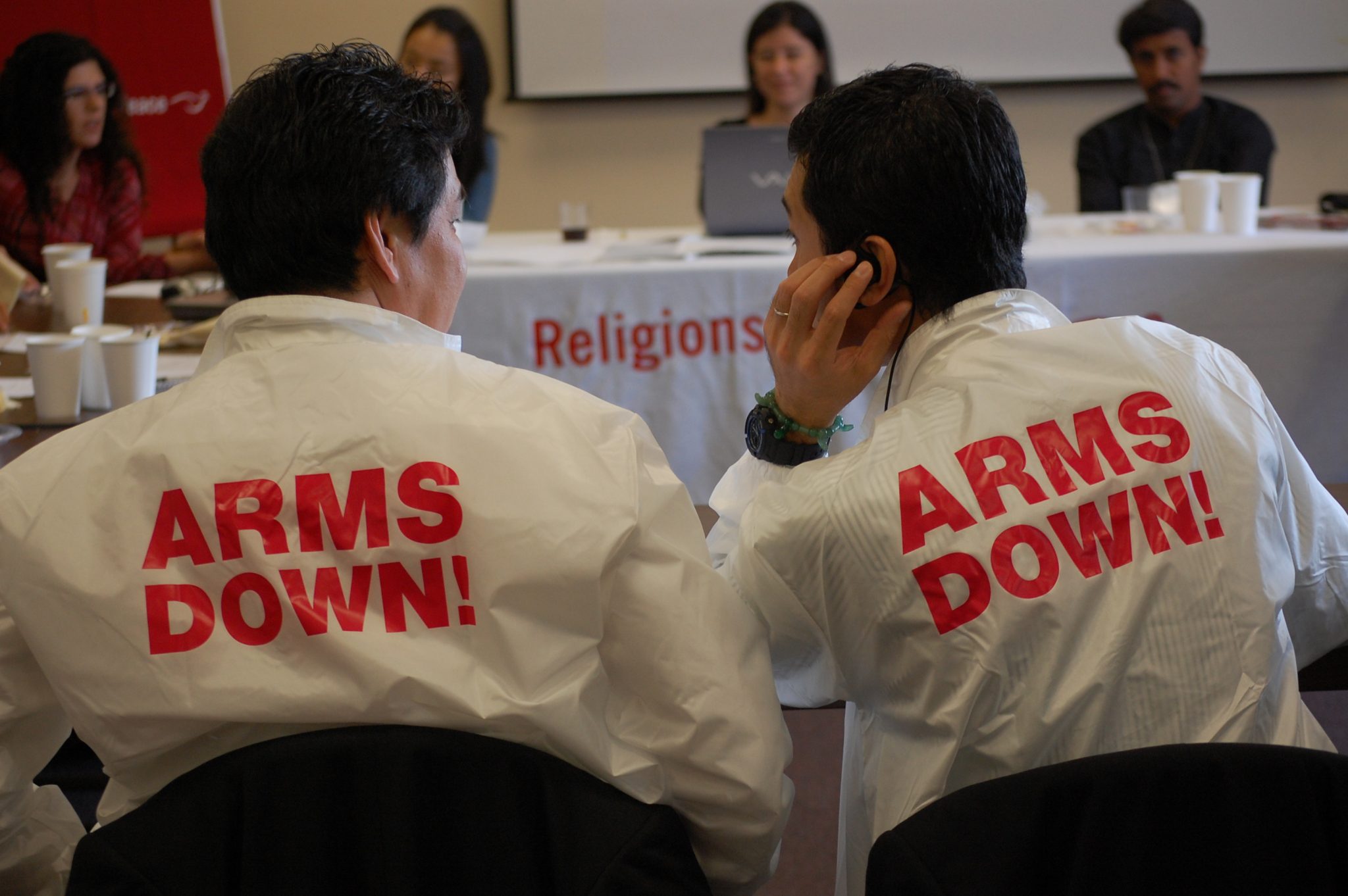
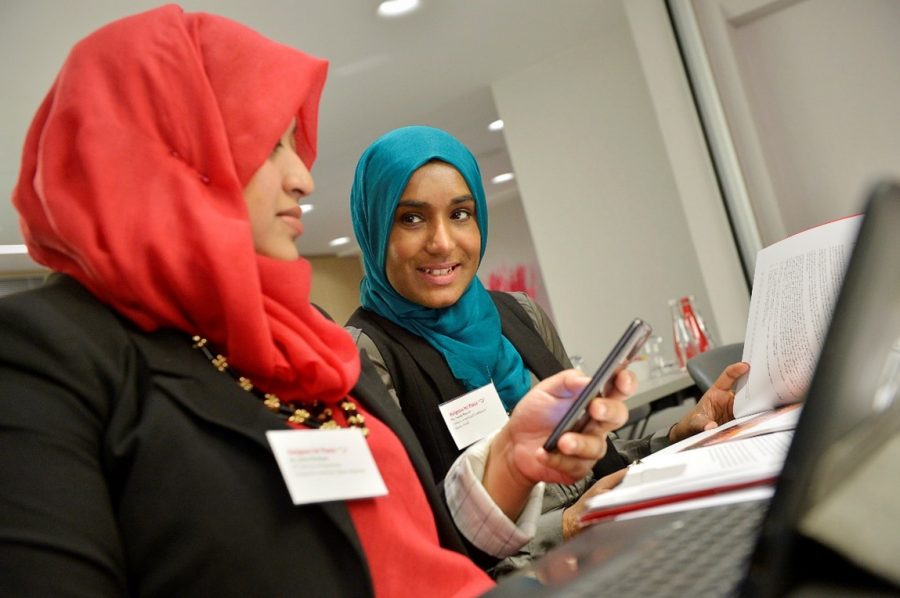
Faith on the Frontlines of Public Health
Religious institutions have long served on the public health frontlines. As governments worldwide stagger in their responses to COVID-19, faith groups have stepped in to provide spiritual support and emergency aid.
Religions for Peace founded the Multi-religious Humanitarian Fund to finance interfaith efforts combatting COVID-19, but we have been on the ground in public health crisis zones for decades. Our Interreligious Councils (IRCs) mobilised the first interfaith HIV/AIDS responds in Africa and tapped into their trusted networks again with the outbreak of Ebola. In all cases, our IRCs worked with health experts to spread facts, quell fear, and care for the most vulnerable – the sick, the elderly, and orphaned children. By bringing together diverse faith groups during moments of crisis, our efforts foster cooperation and trust between these groups for years to come.
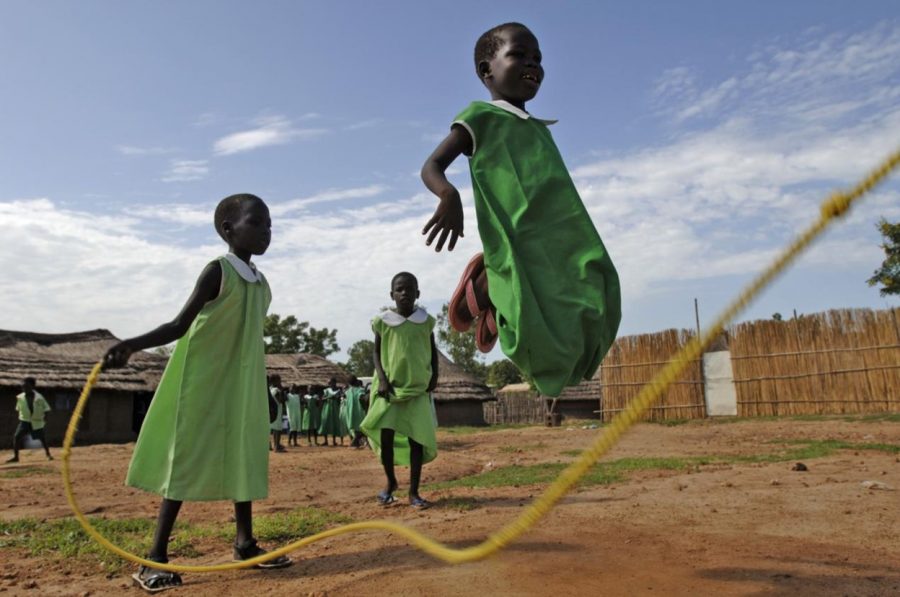
Standing with Refugees
Humanity is on the move. Right now, a record 79.5 million people are displaced by issues including war, chronic poverty, corruption, and climate change. Every day, people face the uncertainty of overcrowded refugee camps, perilous border crossings, and years-long asylum requests.
Religions for Peace has been at the forefront of migrant and refugee response since its founding in 1970. Today is no different. Building on our decades long partnership with the UNHCR, we formed a “Multi-religious Council of Leaders” comprised of religious leaders serving in conflict zones and advocating at the highest levels. Together, they are addressing the roots causes of displacement and fostering the systematic inclusion of refugees and migrants in all societies.
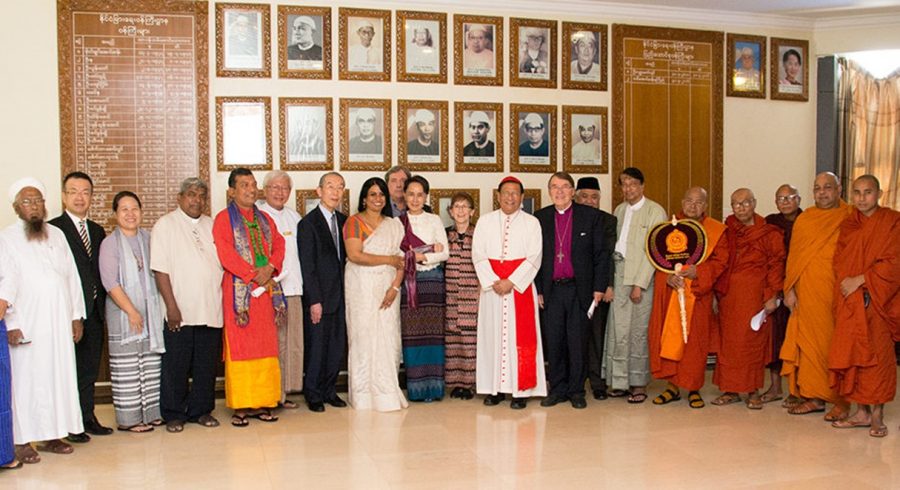
Open Dialogue for Peace and Progress in Myanmar
With the support of over 20 foreign governments, countless grassroots movements, and scores of national leaders – including the Nobel prize laureate Aung Sun Suu Kyi – Religions for Peace’s Advisory Forum on National Reconciliation and Peace in Myanmar has been a force for stability in a country long suffering from religious and ethnic strife.
The Forum was designed as an unbiased platform for dialogue—the only such broadly inclusive and reputable platform that currently exists in the country. High level politicians, government ministers, religious leaders, and refugees from Rakhine state stand shoulder to shoulder. Between Forums, these groups continue working together in “Standing Commissions,” smaller bodies to formulate policy and implement priorities identified at the Forums.
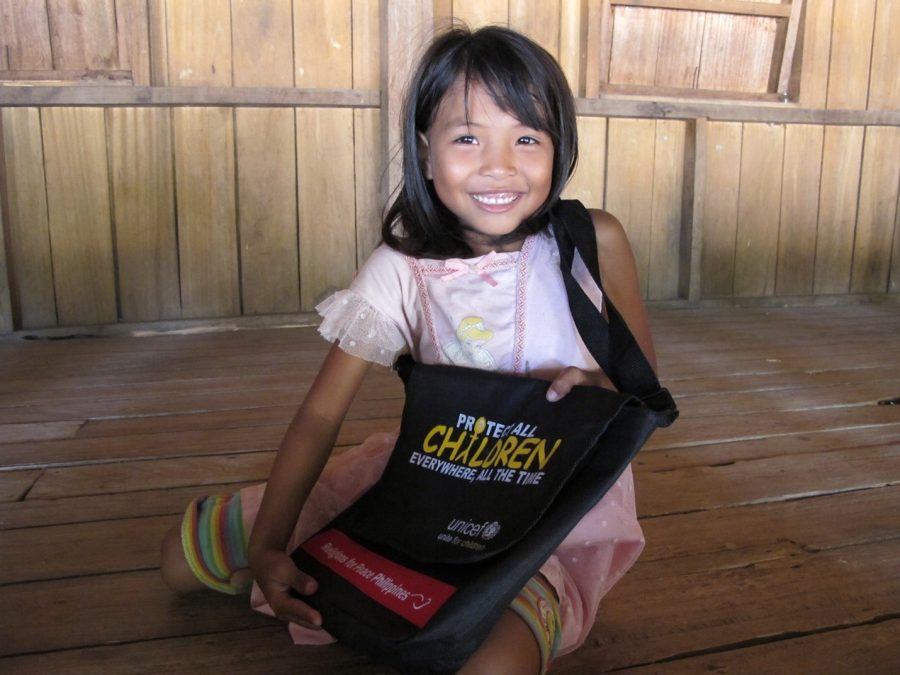
Faiths for the Well-being and Rights of Children
Faith-based communities play a critical role in shaping behavior and attitudes that can improve the lives of marginalised children, youth, women, and families. For decades, we have partnered with UNICEF for a focused, systematic, and scaled up engagement of religious actors on behalf of children. Most recently, our joint program, Faith and Positive Change for Children Initiative, was adapted to support children and families during the COVID-19 pandemic. With UNICEF, we disseminated guidance to religious communities to adapt religious practices, promote sanitation, counter stigma, and provide essential services safely.
Particularly in public health crises and during war, Religions for Peace untaps the potential within spiritual practices and religious scripture to organise faith communities to protect and uphold the dignity of all children.
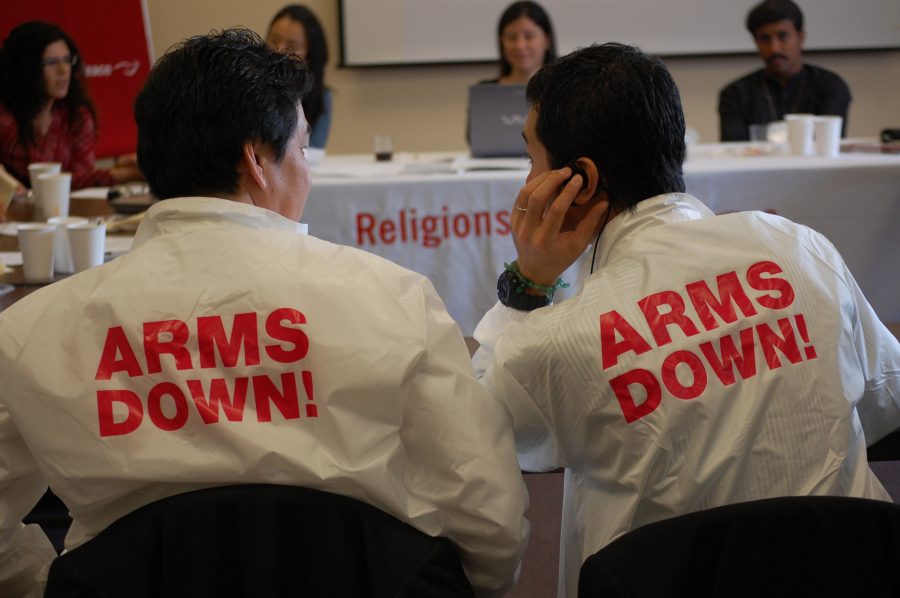
Disarmament
Religions for Peace challenges the moral legitimacy of security strategies that rely on the use or threat of nuclear weapons. At our 10th World Assembly in August 2019, we rededicated our global movement to our long-term partnership with Nobel Peace Prize Laurate 2017, the International Campaign for the Abolition of Nuclear Weapons (ICAN).
With one voice, spoken from our various traditions of faith, Religions for Peace mobilised religious communities globally to call upon their governments to ratify the Treaty on the Prohibition of Nuclear Weapons (TPNW) and reinvest in sustainable development and peace.
On 25 October 2020, the TPNW was ratified by 50 countries and on 22 January 2021, the ban on nuclear weapons will come into force. This achievement would not have been possible without the activism of faith-based leaders and communities.
